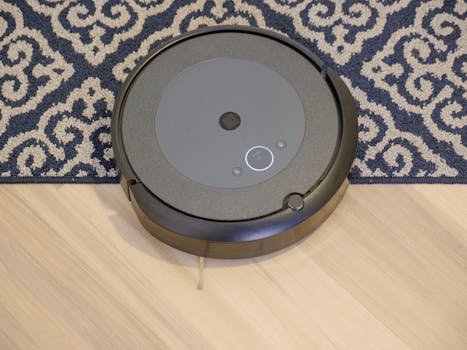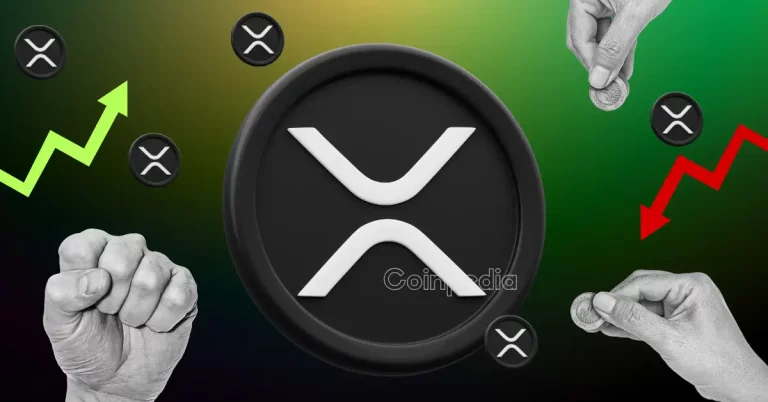
Smart Homes and Smart Living: The Technological Transformation of European Homes by 2025
Smart Homes and Smart Living is the future of European homes, with technology and automation transforming the way people live, work, and interact with their living spaces. By 2025, European homes are expected to be equipped with advanced smart home systems, enabling residents to control and monitor their homes remotely, reducing energy consumption, and enhancing their overall quality of life.
Introduction to Smart Homes and Smart Living
Smart homes and smart living refer to the integration of technology and automation in homes to create a comfortable, efficient, and sustainable living environment. This concept has been gaining popularity in Europe, with many homeowners investing in smart home devices and systems to enhance their living experience.
Benefits of Smart Homes and Smart Living
The benefits of smart homes and smart living are numerous, including energy efficiency, enhanced security, and improved comfort. Smart home systems can be controlled remotely, allowing residents to adjust lighting, temperature, and entertainment systems with ease. Additionally, smart homes can learn the habits and preferences of residents, making adjustments to optimize energy consumption and comfort.
Technological Advancements in Smart Homes and Smart Living
Technological advancements are driving the growth of smart homes and smart living in Europe. The Internet of Things (IoT) is playing a crucial role in connecting devices and systems, enabling seamless communication and control. Artificial intelligence (AI) and machine learning (ML) are also being integrated into smart home systems, allowing them to learn and adapt to the needs and preferences of residents.
Challenges and Limitations of Smart Homes and Smart Living
While smart homes and smart living offer numerous benefits, there are also challenges and limitations to consider. One of the main concerns is data security and privacy, as smart home systems collect and transmit sensitive data. Additionally, the high cost of smart home devices and systems can be a barrier to adoption for many homeowners.
Conclusion
In conclusion, smart homes and smart living are transforming the way Europeans live, with technology and automation enhancing comfort, efficiency, and sustainability. While there are challenges and limitations to consider, the benefits of smart homes and smart living make them an attractive option for homeowners. By 2025, European homes are expected to be equipped with advanced smart home systems, enabling residents to enjoy a higher quality of life.






